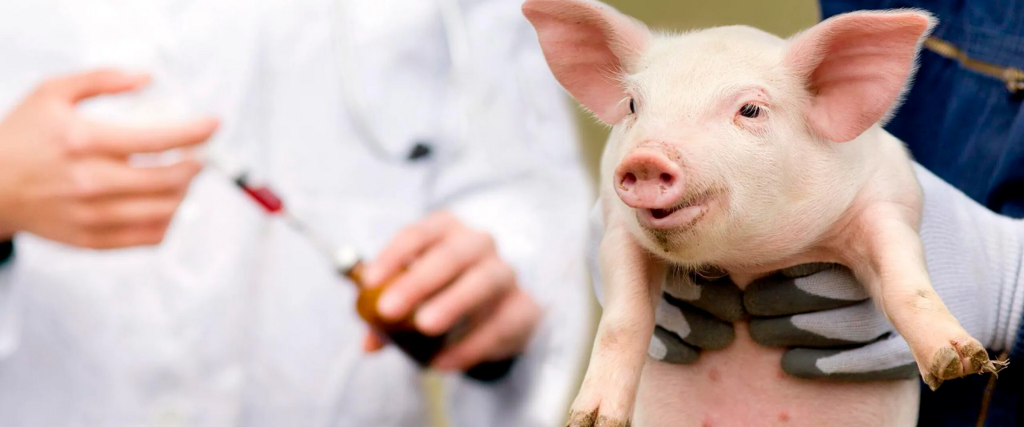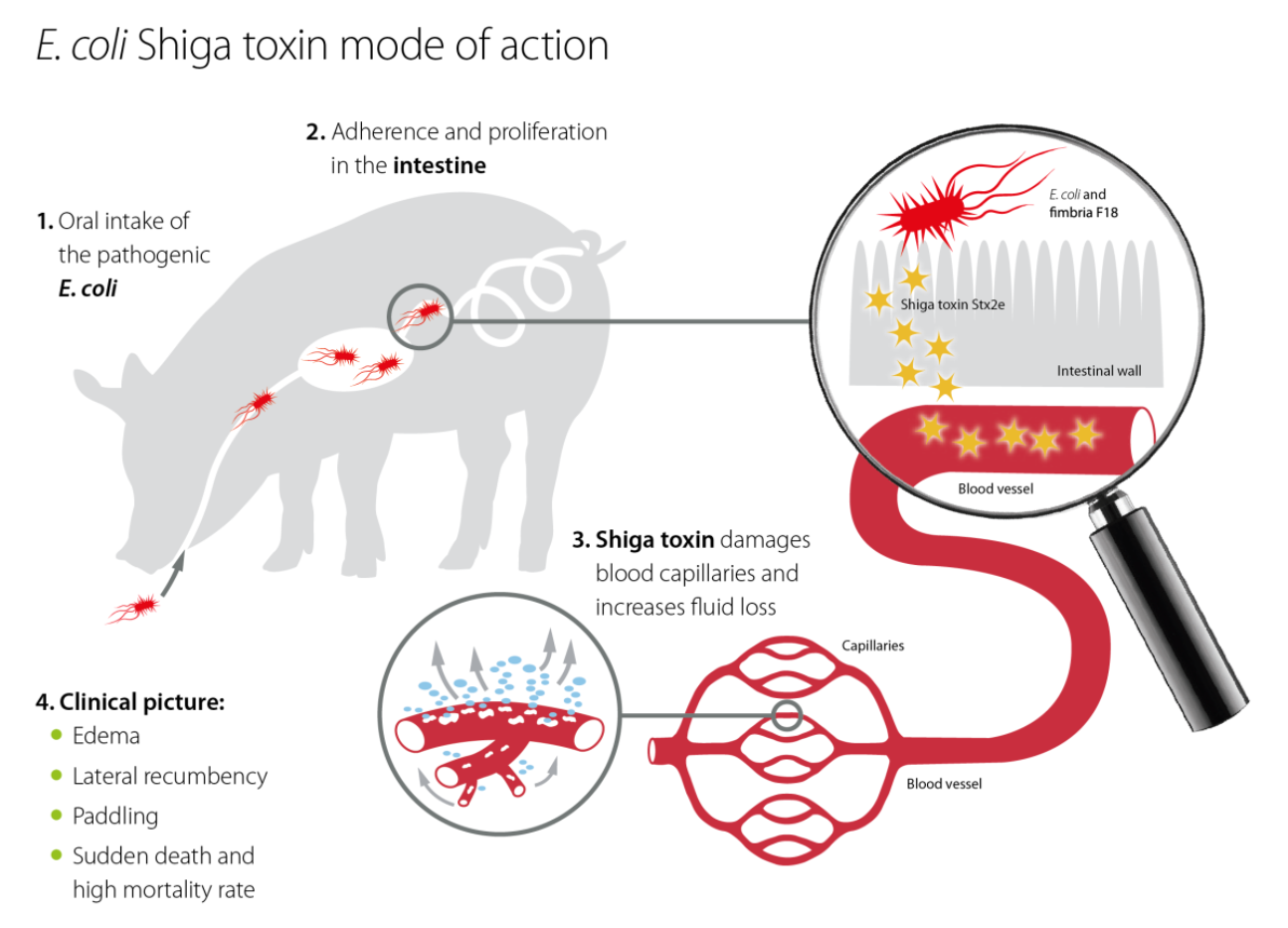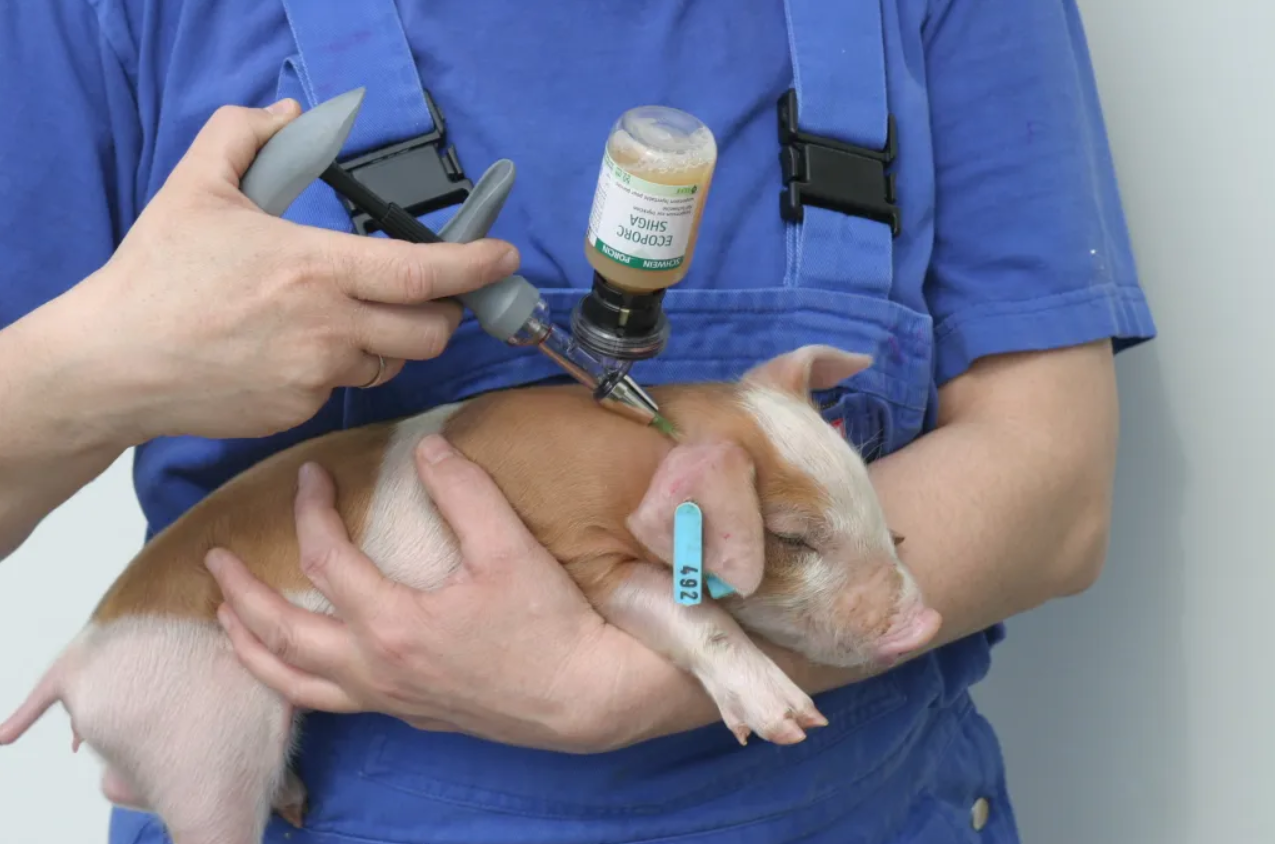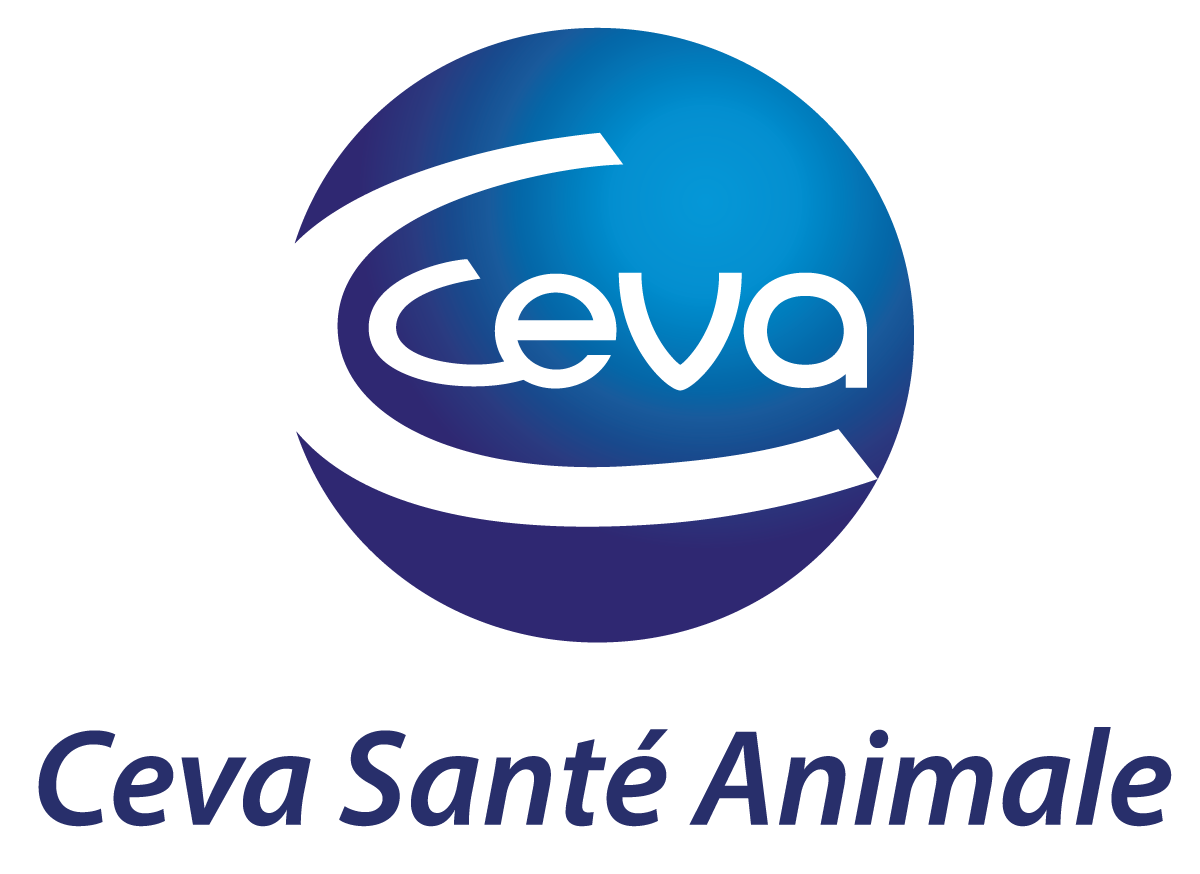
Like many other pig farmers from all around the world, John Neuman, who is based in Southern Denmark, used to dread going into his pig unit each morning. All too often he would be faced with the distressing sight of dead pigs – sometimes as many as 50.
The cause was not a mystery: he knew the death were due to EDEC (edema disease Escherichia coli) which is caused by a toxin produced by some strains of the bacteria E.coli (known as STEC, short for Shiga toxin-producing E. coli). In consultation with his local veterinary practice, John had implemented costly and productivity sapping, but largely ineffective measures in an attempt to combat this problem. Fortunately, after years of stress and the loss of thousands of pigs, now thanks to the use of the highly effective Ceva vaccine, Ecoporc Shiga, John can at last enter his pig unit each morning without fear and dread.
Edema disease is caused by a toxin, Shiga toxin (Stx2e), that is produced by the STEC strains of E.coli. Non-pathogenic E.coli are commonly found in the intestine of pigs and other animals and their presence can be beneficial. However, some strains of pathogenic E.coli contain genes that code for Shiga toxin and also an adhesion factor that enables the bacteria to attach to the intestinal mucosa.

If the pathogenic E.coli is present on the farm – and a recent study in Germany showed that more than one-third of farms are affected with STEC – young pigs acquire the infection orally. The bacteria adhere to the intestinal wall where they proliferate and produce Shiga toxin which is taken up by the pigs’ blood system. Here the toxin damages capillaries, increasing fluid loss through the capillary wall which causes oedema in several organs, leads to neurological symptoms and often sudden death.
The disease is most common in newly weaned pigs which appear to be otherwise healthy. On John Neuman’s farm the annual mortality rate was 5 to 6%, despite using the recommended lean diet (which has the undesirable effect of reducing growth rate), adding zinc oxide to the diet and also using antibiotics. After initiating the use of the Ecoporc Shiga vaccine, the mortality rate was reduced to around 1% and edema disease was eliminated from the farm.
Use of zinc oxide in pig feed and use of antibiotics to control edema disease both give cause for concern. High doses of zinc are associated with increased proportions of multi-drug resistant E.coli and Salmonella, and this heavy metal also accumulates in pig manure from where it can contaminate groundwater and soil. As a result, all EU member states will have to withdraw marketing authorisations for veterinary medicinal products containing zinc oxide in therapeutic levels by June 2022. The antibiotic colistin is widely used to treat edema disease in pigs but it is also a critically important medicine for use in people. A recent study undertaken in Spain found that close to 80% of isolates taken from pigs with edema disease were resistant to colistin.
The Ecoporc Shiga vaccine received market authorisation for use throughout the EU in 2013. Since then, more than 100 million doses of the vaccine have been used. The vaccine antigen consists of genetically modified Shiga toxin (Stx2e) which is non-toxic and produced using recombinant bacteria.

Ecoporc does not work against the pathogenic E.coli. Rather, when it is administered to pigs, the animal’s immune system recognises the genetically modified toxin as foreign and makes antibodies against it. If the pig then encounters the toxin from the field strain the antibodies rapidly neutralise it and prevent the development of disease.
Ecoporc does not work against the pathogenic E.coli. Rather, when it is administered to pigs, the animal’s immune system recognises the genetically modified toxin as foreign and makes antibodies against it. If the pig then encounters the toxin from the field strain the antibodies rapidly neutralise it and prevent the development of disease.
Use of Ecoporc brings a wide range of benefits: administered as single injection, it reduces the incidence of disease in pigs, thereby enhancing their welfare; it reduces stress and worry for pig farmers and managers; it allows sustained reduction in the use of antimicrobials, thereby helping to reduce the development of antibiotic resistance and also eliminates environmental problems associated with the use of zinc oxide; and it enables pigs to grow faster with better feed conversion ratios, which is better for the environment and more profitable for the farmer.
Commenting on the benefits that using Ecoporc brought to their farm, husband and wife team Dedée and Michel Auffret, who have a closed 130 sow farm in Brittany, France, explained:
“The question I asked myself every day when I entered my farm was: how many deaths will I have today? Vaccination is a profitable investment for us: the return on investment is €30 per sow per year. To this economic gain, we must of course add an aspect that you can’t put a figure on: peace of mind”
Ecoporc has been used in Europe for more than 8 years and in some countries more than 15% of piglets are being vaccinated. But STEC is also widespread in pig herds globally, including Japan.
Interest in Ecoporc is very high in Japan. Since 2017, the Japanese company Meiji Group, whose interests include animal health, has visited Ceva’s Global Swine Innovation Centre in Dessau, in east-central Germany, several times. They have gone far beyond simply being a distributor in Japan. Meiji staff have conducted the obligatory registration trial in Japan and have successfully implemented a cell culture-based test, previously only used in Ceva’s labs at Dessau, to demonstrate the presence of neutralizing antibodies to the Shiga toxin in vaccinated animals. As the use of the vaccine is rolled out in Japan, Meiji staff will now work closely with customers on their farms helping them conduct their own user trials and supporting them with intensive support and veterinary services.

As veterinarian and Ceva swine health specialist, Friederike SCHMELZ, , explains:
“Ceva is totally committed to partnering with our colleagues from Meiji to ensure the successful launch of this important vaccine in Japan by providing technical and marketing support. Working together, we can enable Japanese pig farmers to enjoy the benefits and peace of mind that come with the use of Ecoporc Shiga.”
Friederike SCHMELZ
Ceva swine health specialist
